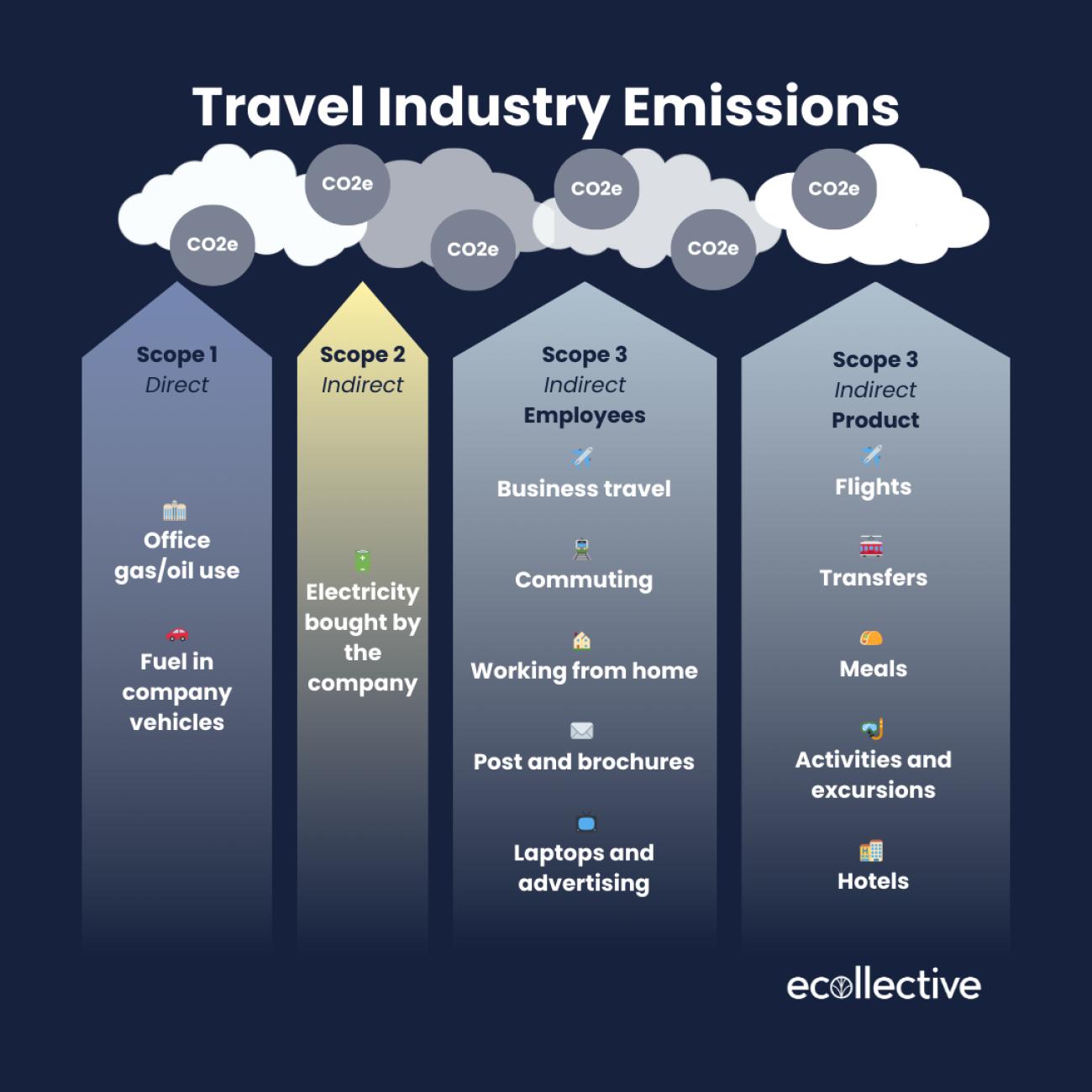Climate Action Plan
Many exposed to the most devastating effects of climate change live in destinations we visit as a travel company - regions with limited infrastructure, at-risk biodiversity and communities that we see suffering through storms, floods and famine time and time again.
As a travel company built on venturing into and through some of the world’s most fascinating, yet isolated and environmentally vulnerable destinations, we have a responsibility to the planet, and to the people and places we visit.
The travel industry produces around 8% of the world’s carbon emissions, and so with urgent calls on all sectors of the industry to look at its practices and halve those emissions by 2030, it has never been more important for us here at Wild Frontiers to reassess and develop our own responsible travel policies, measure our footprint and step up our commitment to reduce our carbon emissions in line with the vital action required.
In November 2021, during COP26 we joined others across the industry as a launch signatory of the Glasgow Declaration for Climate Action in Tourism. As part of our commitment as a signatory, we have aligned our Climate Action Plan with the core principles of Measurement, Decarbonisation, Regeneration and Collaboration.
Measure

Using 2022 as our benchmark year we undertook a project to measure the entire carbon footprint of the company. Scope 1, 2 and 3 – meaning everything from energy use at our London-based office to staff commuting and business travel to the carbon emissions of our group tours and average tailor-made holidays, including transport, accommodation, meals and activities.
We had previously measured our Scope 1 and Scope 2 carbon emissions in 2018 and 2019. However, like many, our traditional working practices have now changed. Downsizing office space and adopting remote and hybrid working has helped to reduce our operational carbon footprint – removing, in some cases, long staff commutes, and reducing office waste and energy, so it made sense to benchmark 2022 as a new working model year and use those calculations to set our carbon reduction targets.
Working with specialist carbon consultants from ecollective, we are measuring our company-wide carbon missions annually to give us an average carbon footprint per customer per day.
Read more about ecollective's Carbon Emissions Framework Methodology
Decarbonise
With annual measuring, we can make better informed decisions on where and how to take action to reduce our average carbon footprint per customer per day by a target of 7% year on year.
The main areas we have identified (but not limited to) to work on decarbonising are:
- Increasing the number of locally led group tours, reducing the emissions of flying tour leaders into destinations, while also increasing local employment opportunities
- Increasing the numbers of low impact activities and human powered activities on our trips
- Reducing the number of domestic flights within group tour and tailor-made holiday itineraries
- Increasing the number of train journeys across our itineraries
- Working with our ground agents to ensure that vehicle sizes are appropriate for group sizes- larger vehicles with empty seats cost carbon
- Prioritising direct flights where possible to join tours, decreasing airmiles and the emission from take-off and landing, which emit the most carbon
- Including vegetarian meals on group tours
Regenerate
A regenerative and nature positive approach when designing and operating our tours is ongoing and essential to our climate action plan. Supporting conservation, animal welfare and biodiversity through tourism has the opportunity to create real and sustainable impact. We plan to continue to develop our nature-based approach through:
- Supporting destination-based initiatives to protect and manage environmental issues
- Working with local partners on the ground to identify impactful nature-based experiences
- Increasing the number of nature-based experiences available across our group tours and tailor-made itineraries
- Continuing our programme of tree planting on behalf of all clients that travel with us on group tours and tailor-made holidays
Offset

While working to reduce our carbon emissions, we will continue to partner with Ecologi to plant trees and fund climate projects on behalf of all clients that travel with us.
In 2022 we planted 14,600 trees and offset 1597 tonnes of carbon
In 2023 we planted 23,070 trees and offset 2307 tonnes of carbon
Read more about our partnership with Ecologi and watch our forest grow.
Photo credit: Ecologi / Eden Reforestation Project
Communicate
Increasing environmental awareness among all stakeholders – staff, clients, destination partners and suppliers - is key to our actions. In doing so we are:
- Keeping the conversation open with staff, with all members of the team helping to develop and steer best practices throughout the company
- Continually reviewing client communications around environmental and social issues, company ethos and responsibility while travelling
- Gaining feedback from our travellers on environmental successes / challenges
- Actively communicating more sustainable and impactful travel choices, including slower travel, longer stays, community tourism experiences, nature positive experiences
- Working with partners to align our environmental and conservation commitments
Collaborate
When it comes to climate action we need to come together as an industry. There is no competition, but a joint goal to reduce carbon emissions and support regeneration, which will be more effectively achieved through collaboration and the sharing of best practice.
As signatories of the Glasgow Agreement for Climate Action in Tourism and members of the AITO (Association of Independent Tour Operators) we look forward to continuing to talk, share and work together within the travel industry to help create real and measurable change.
Work in Progress
Our climate action plan is a work in progress. It is certainly not perfect, and most probably never will be, but it is a working document that we are committed to continue to develop and evolve.
Updated July 2024